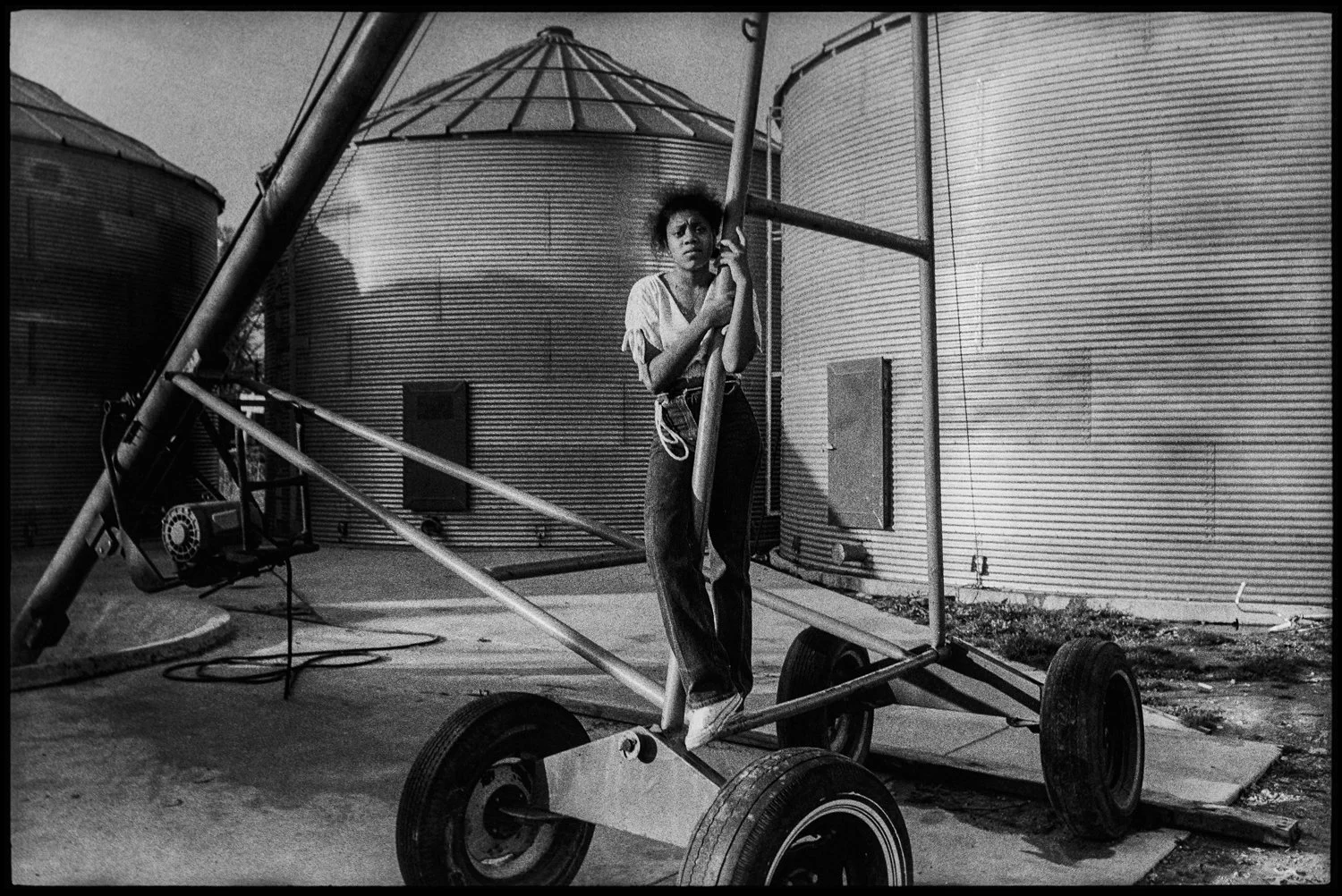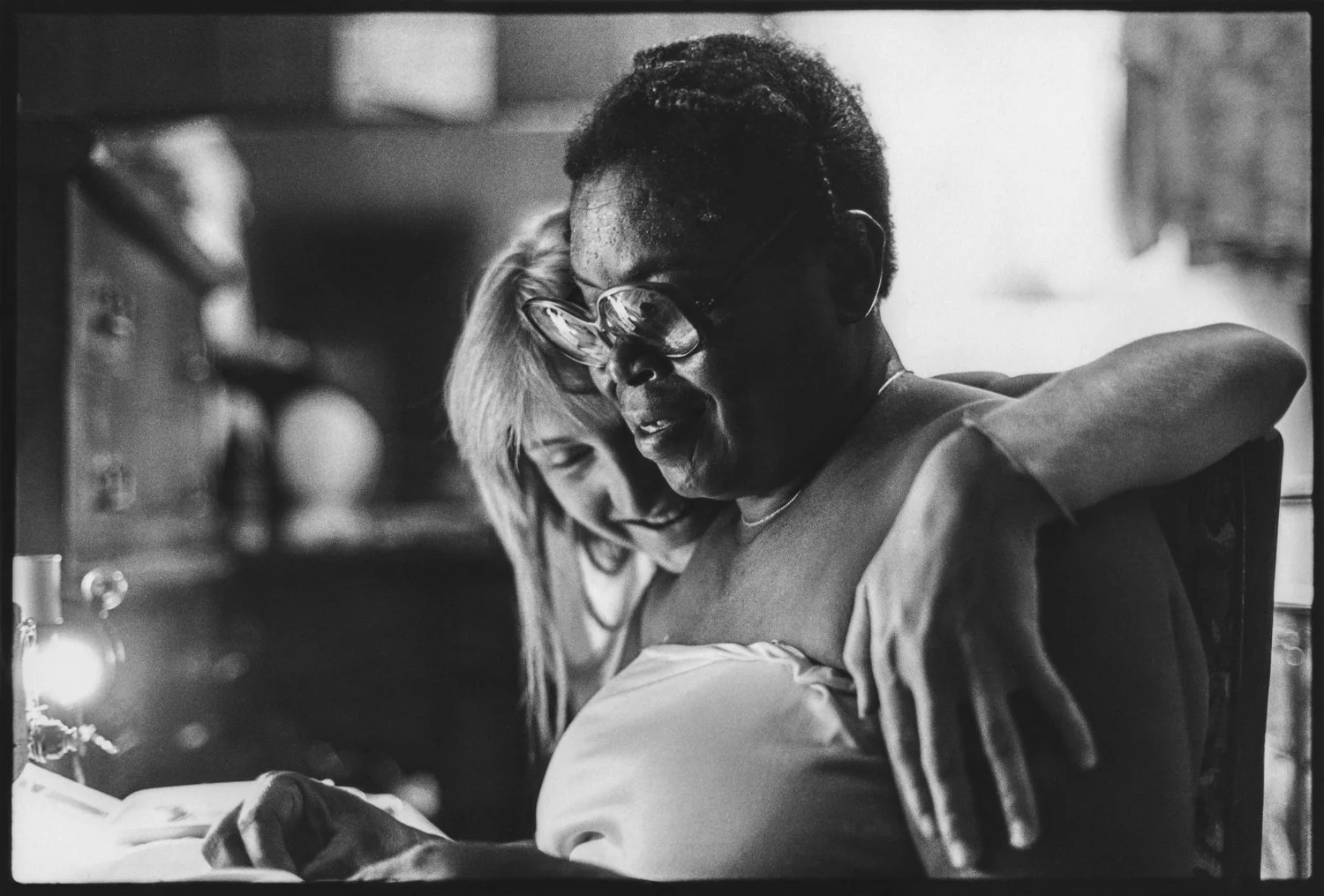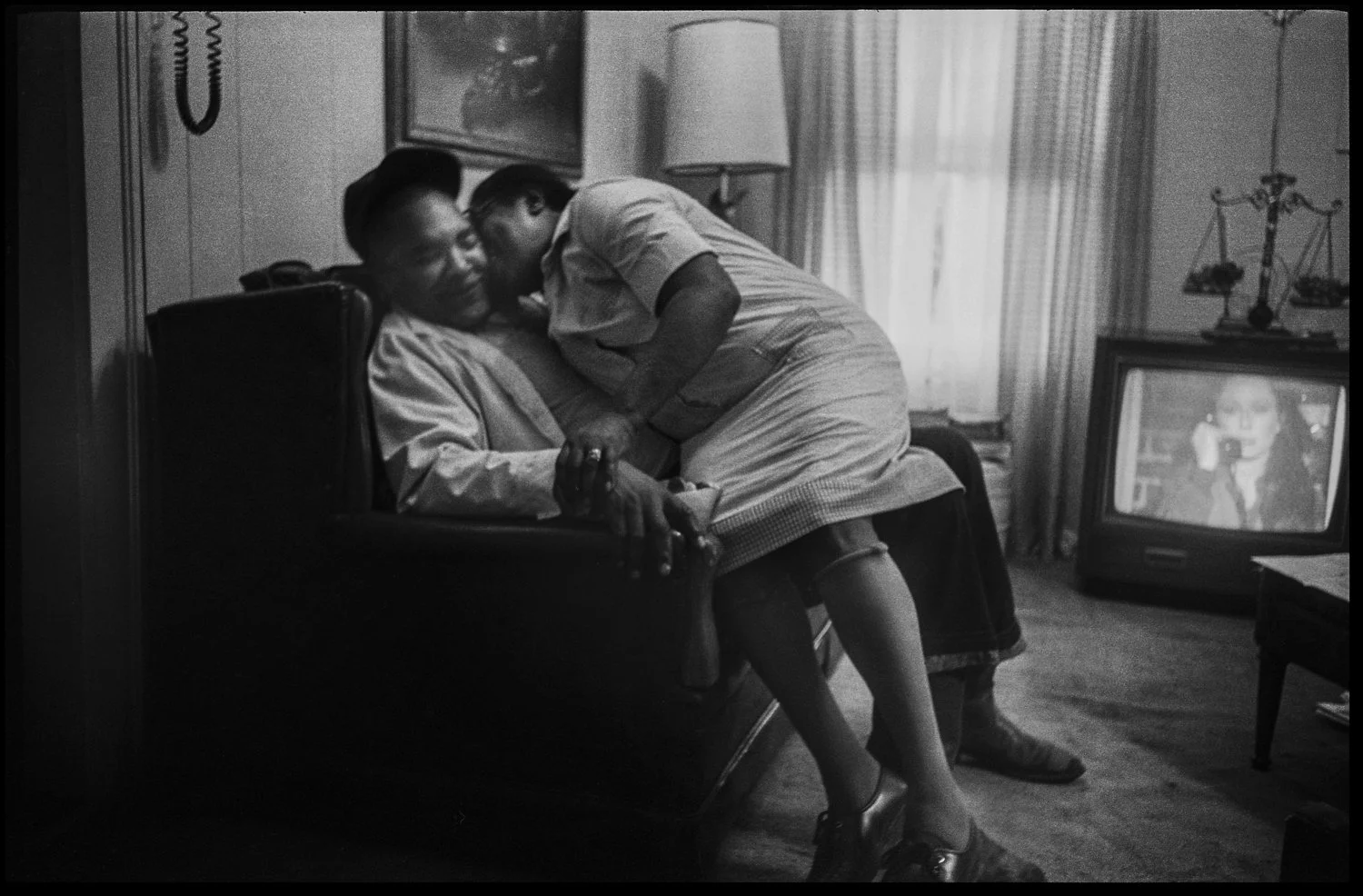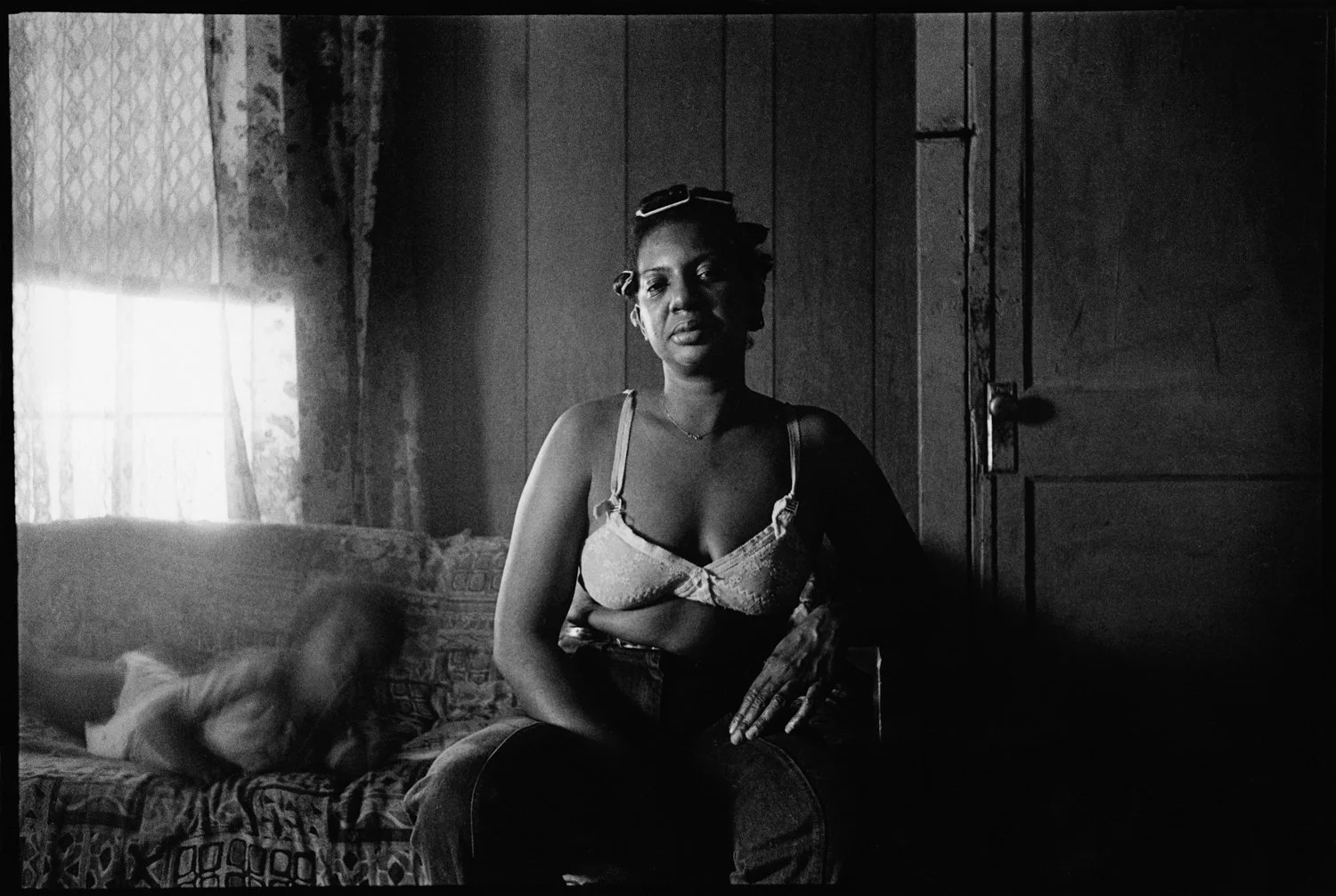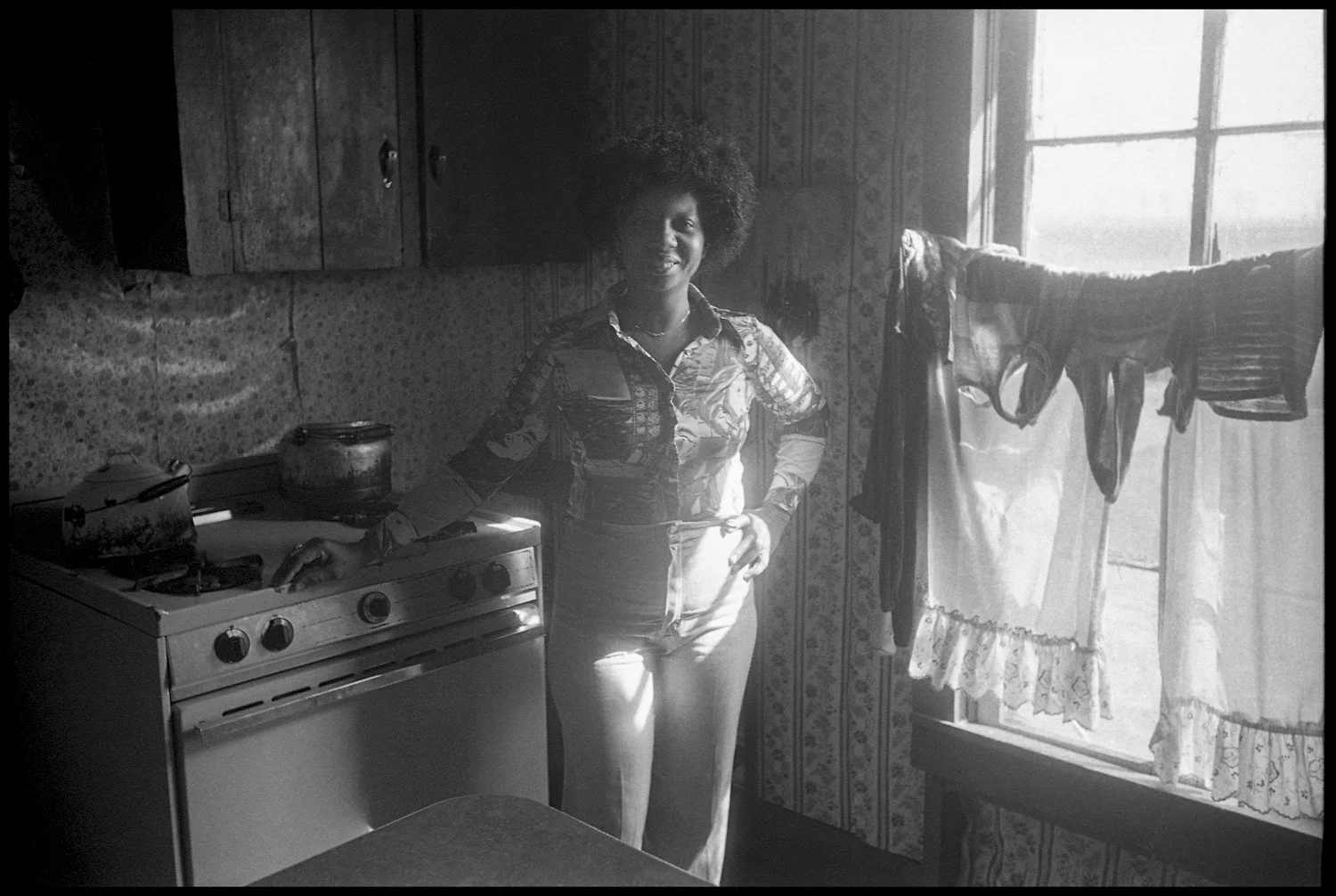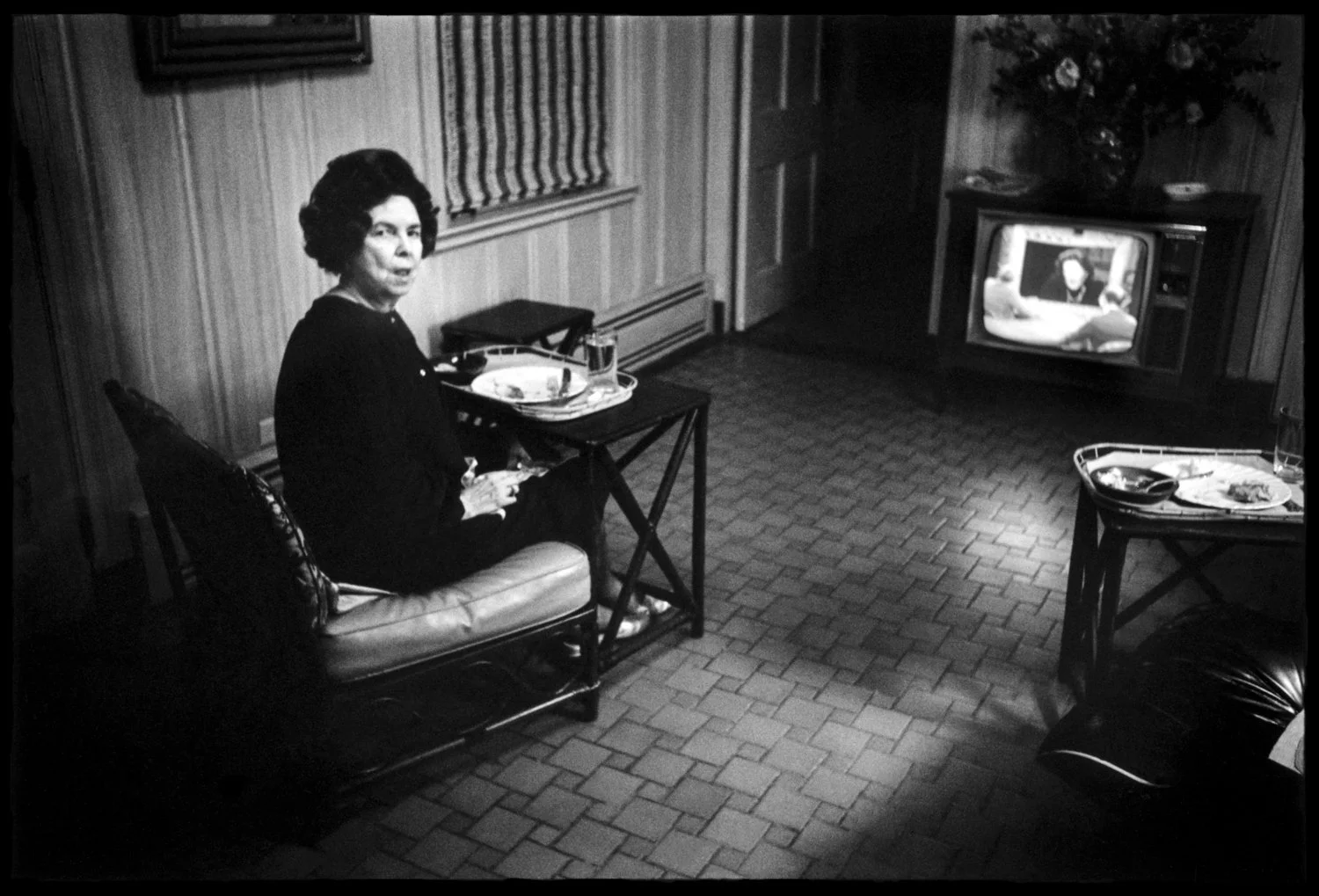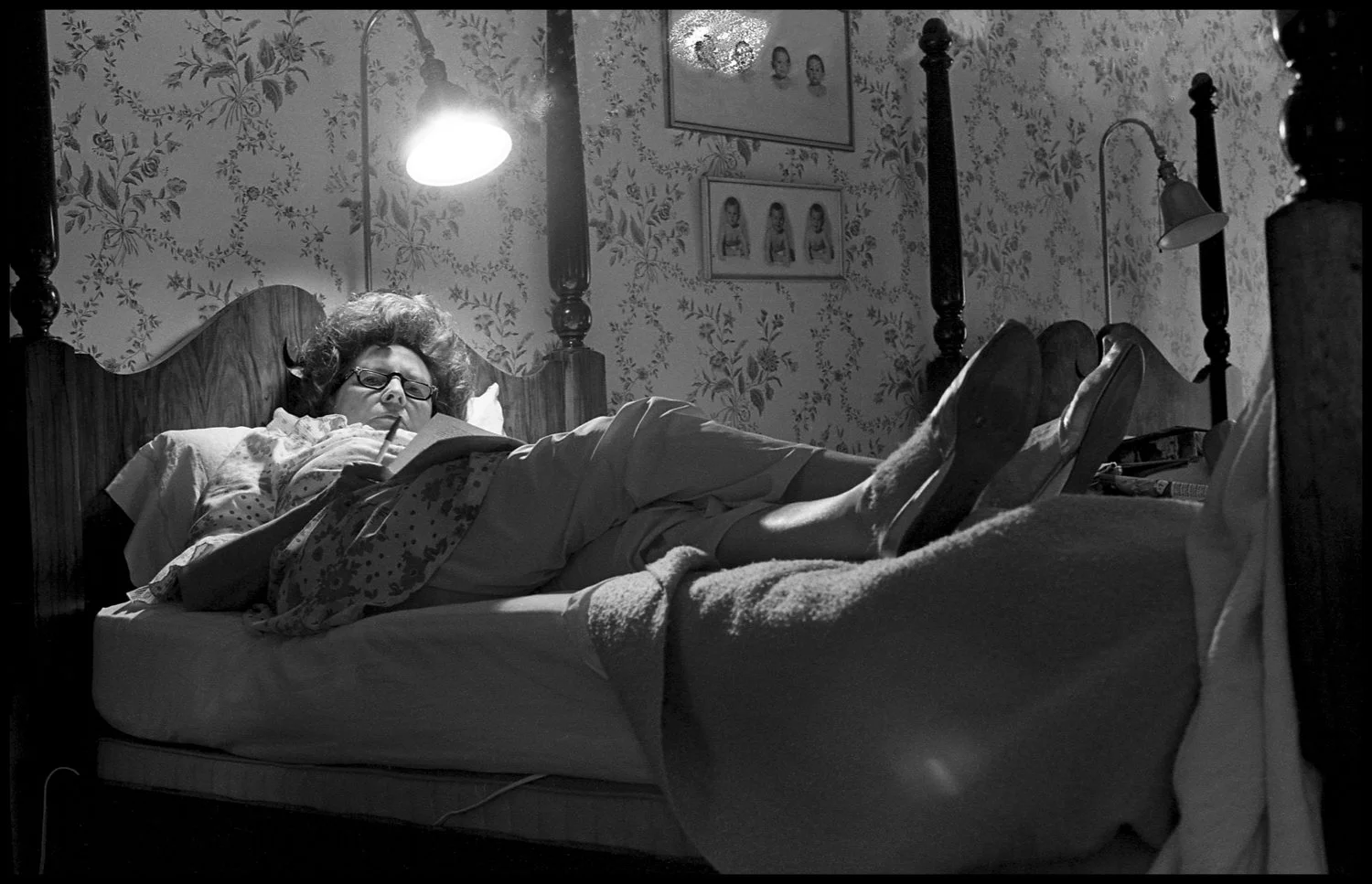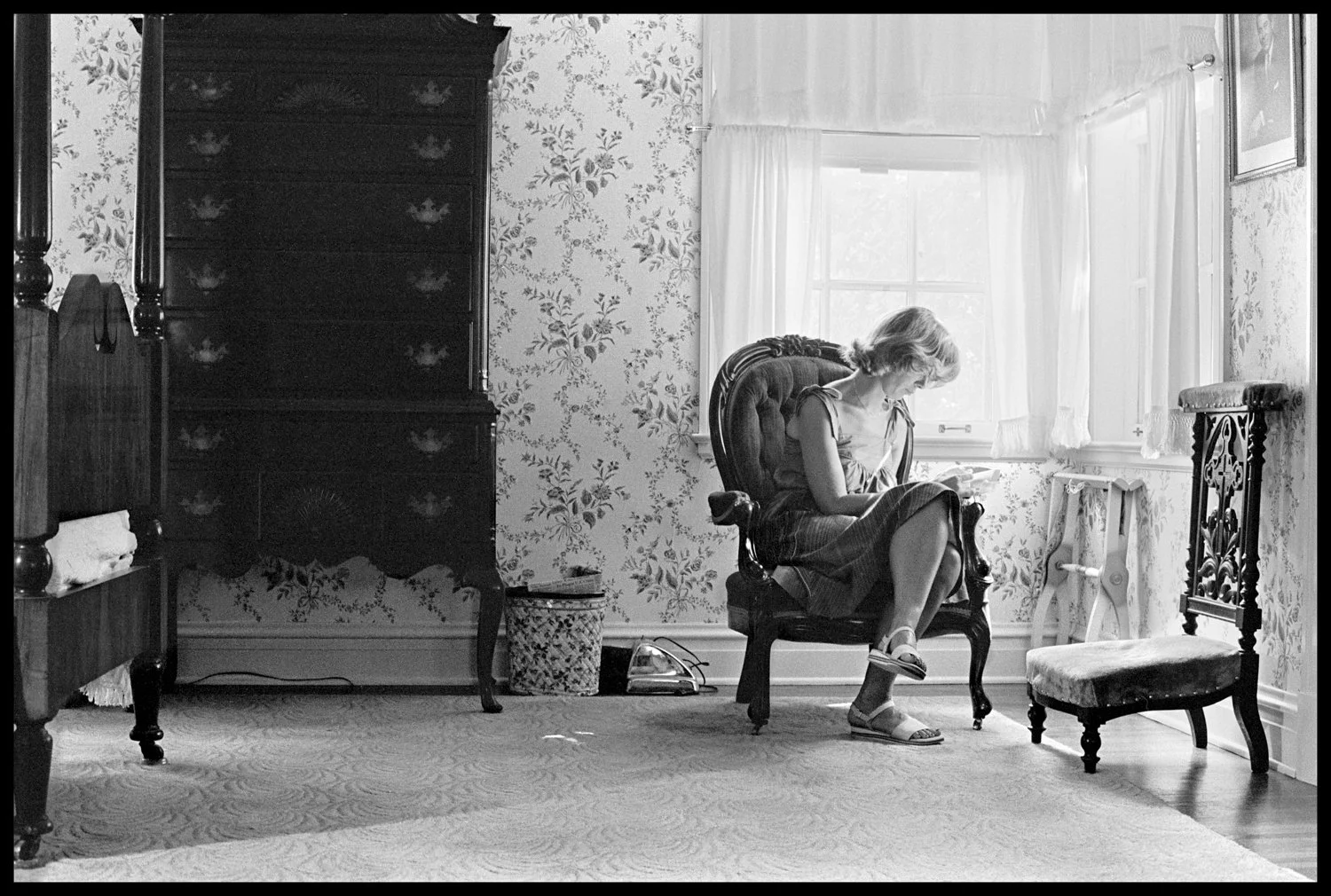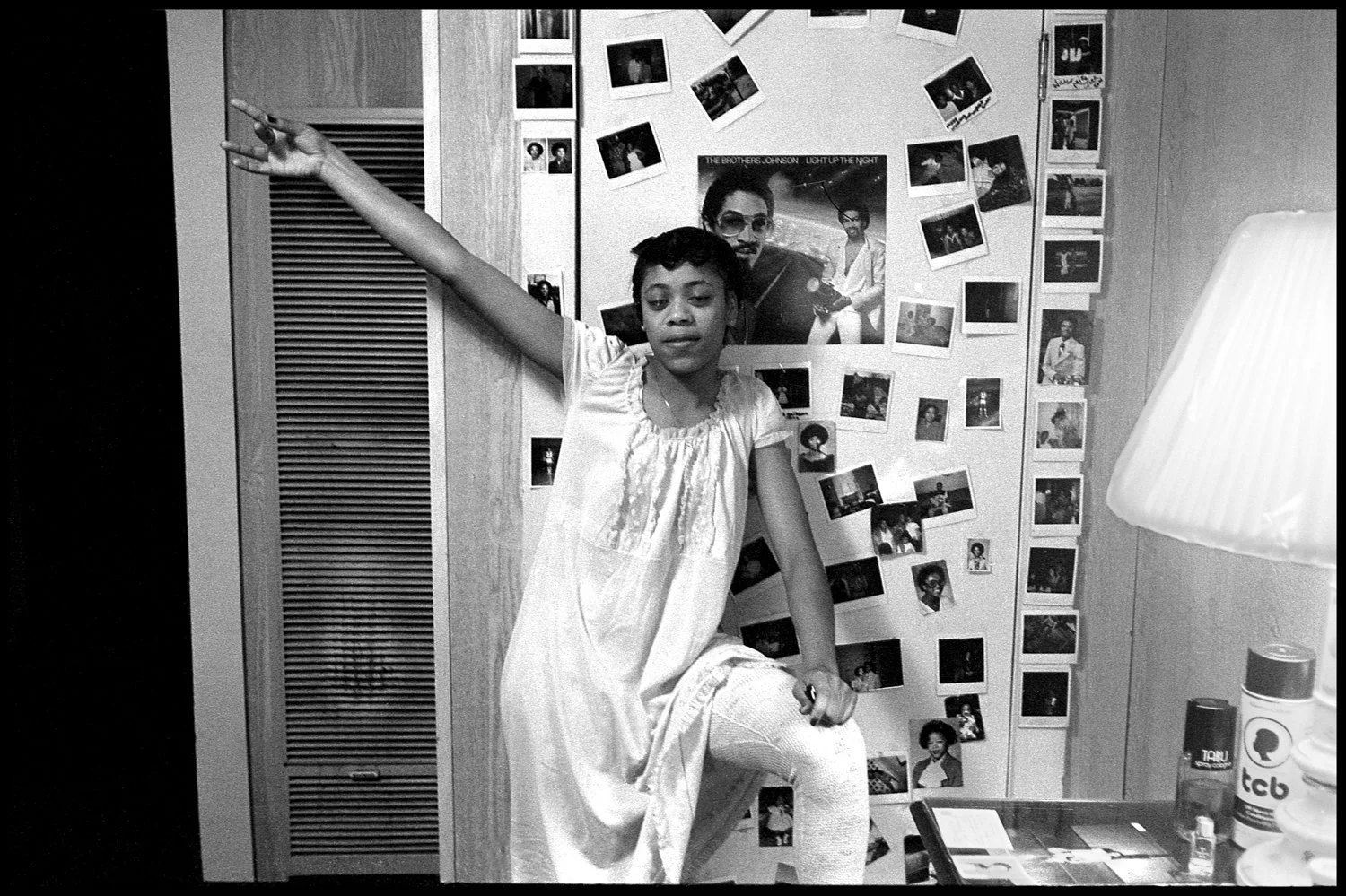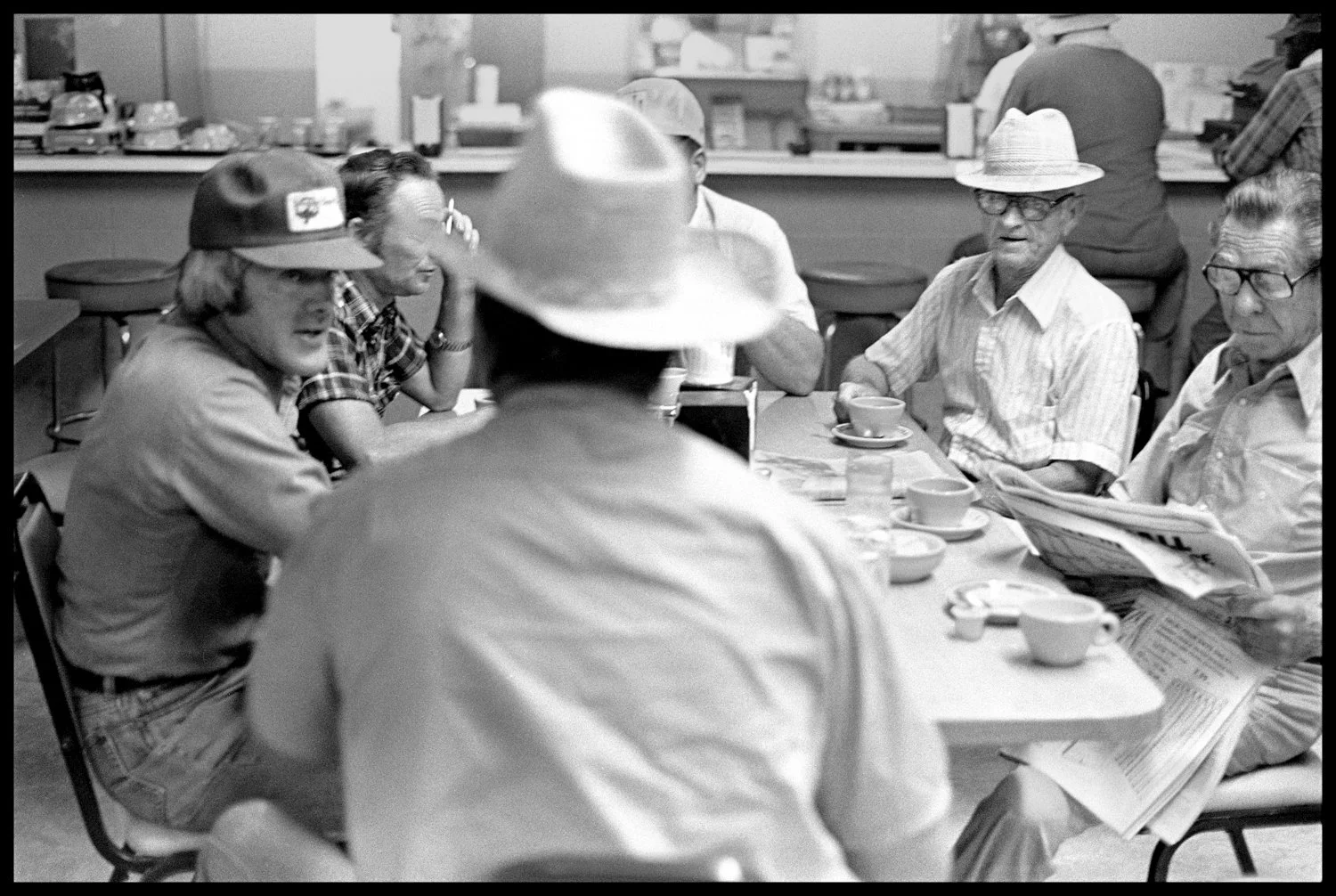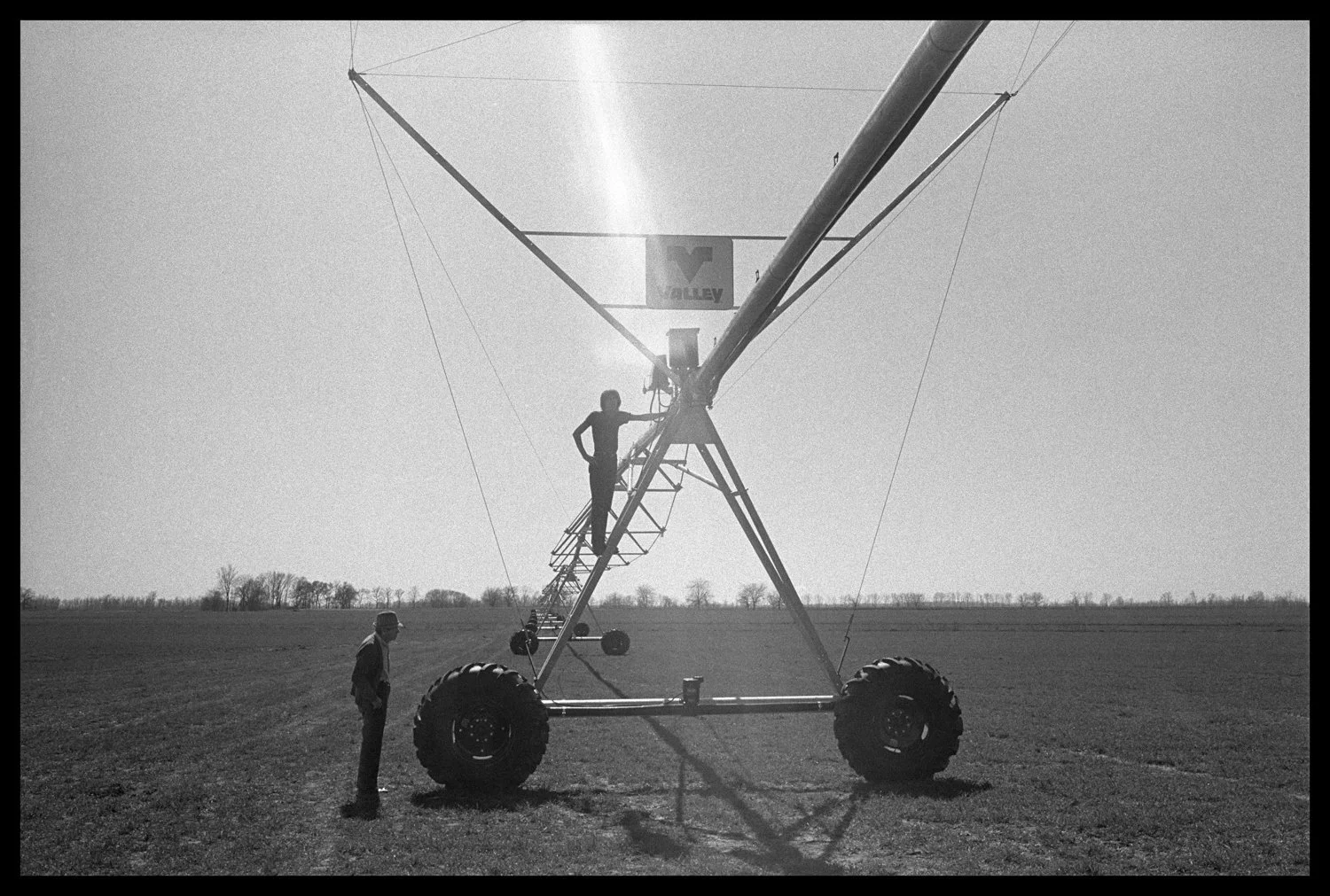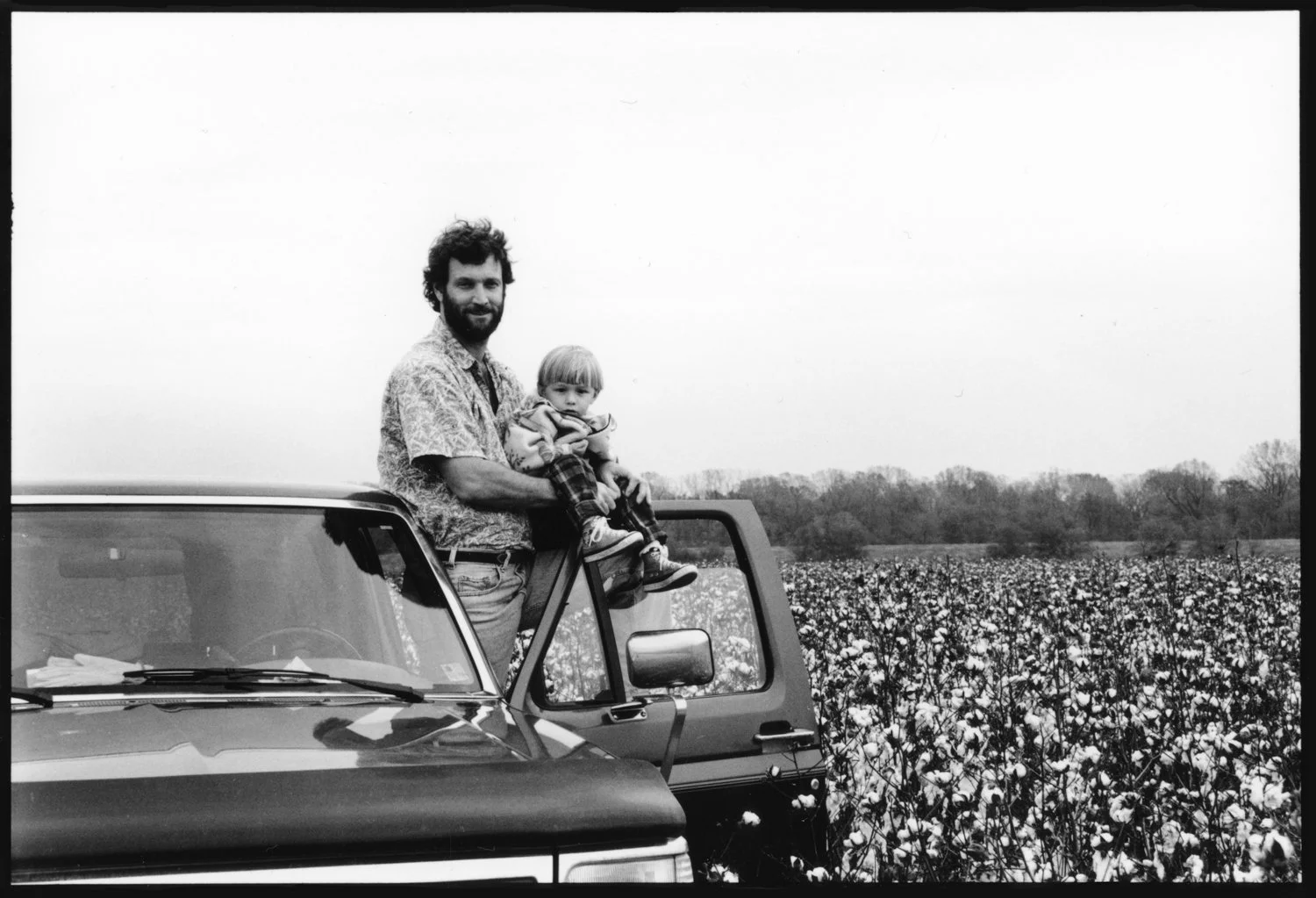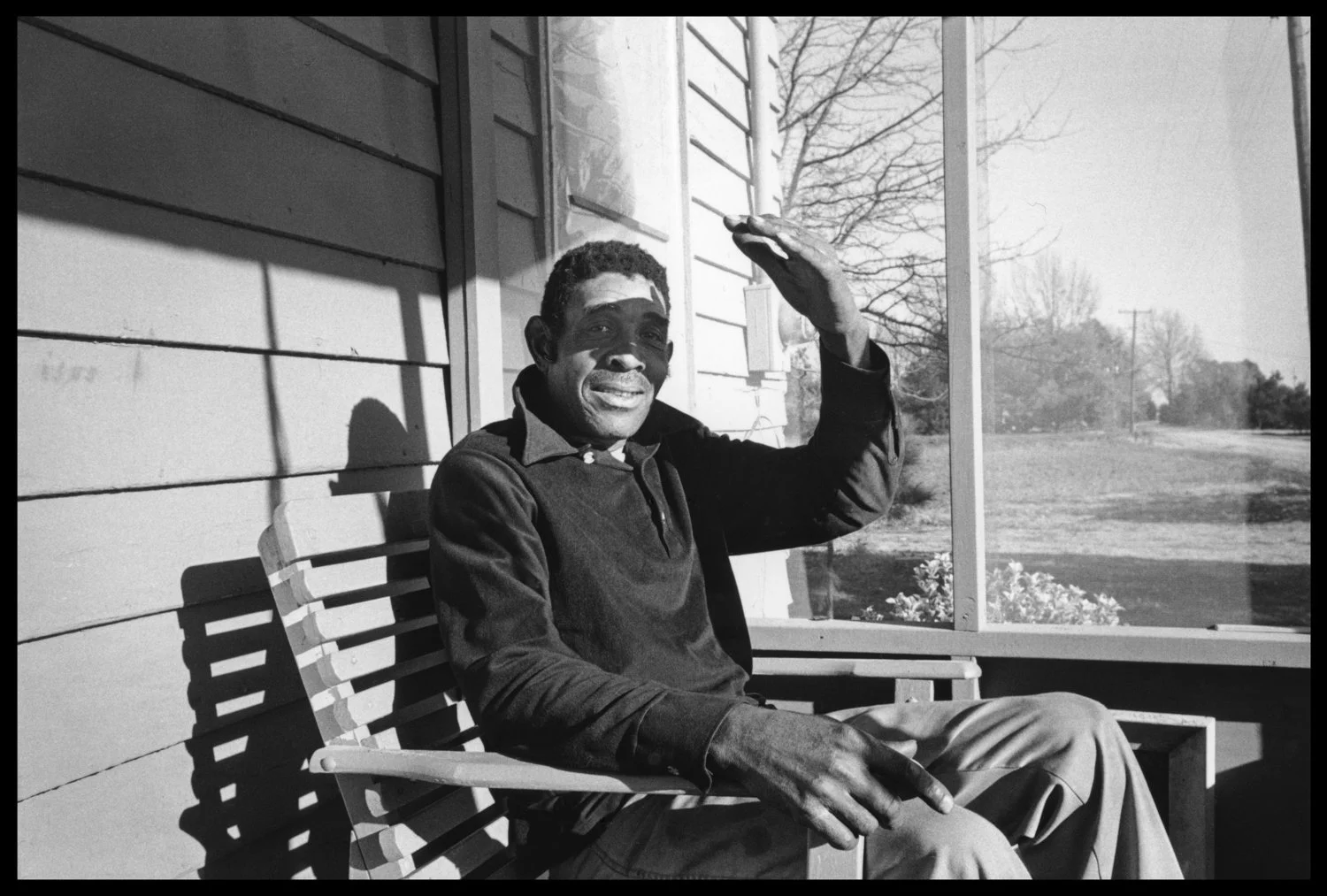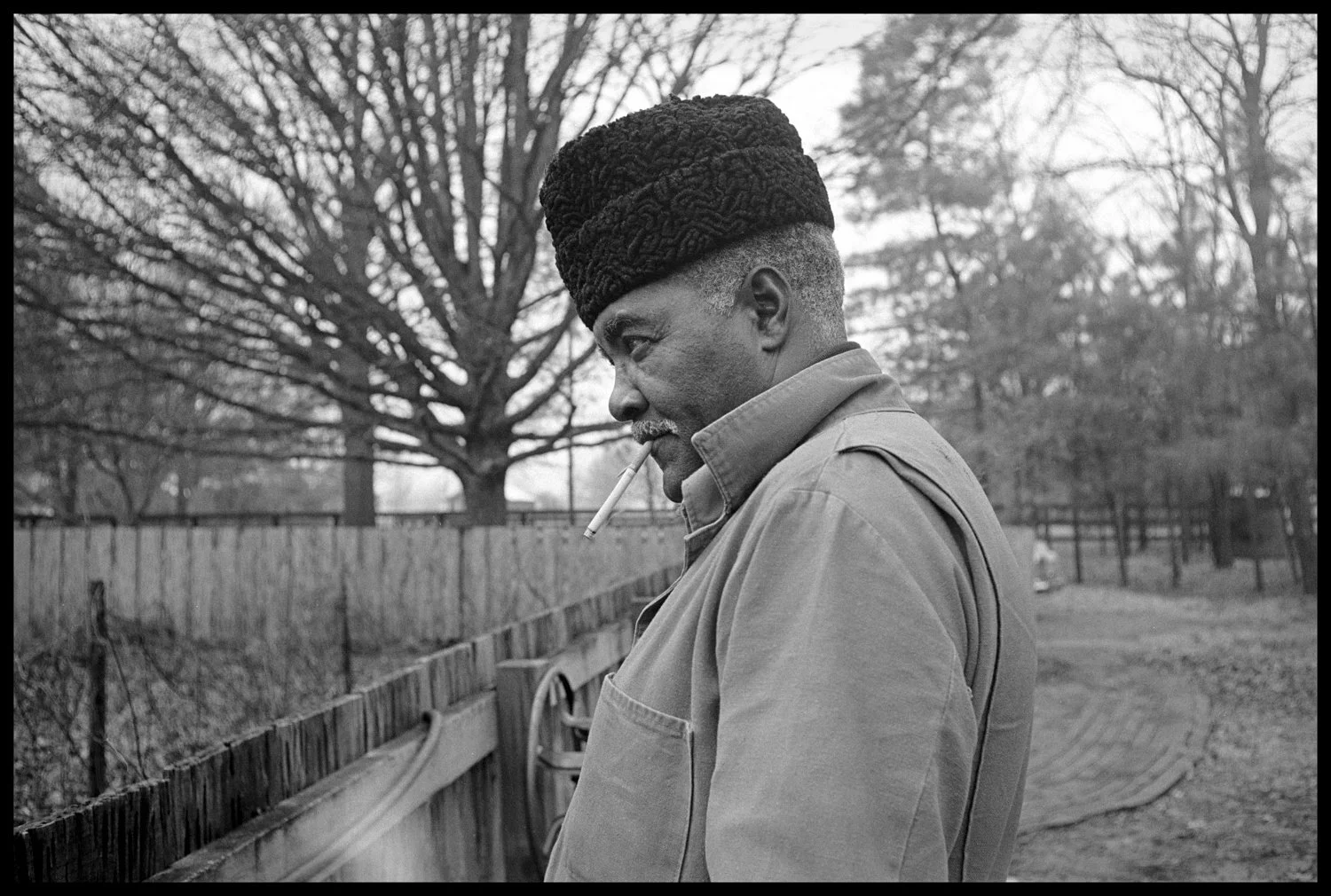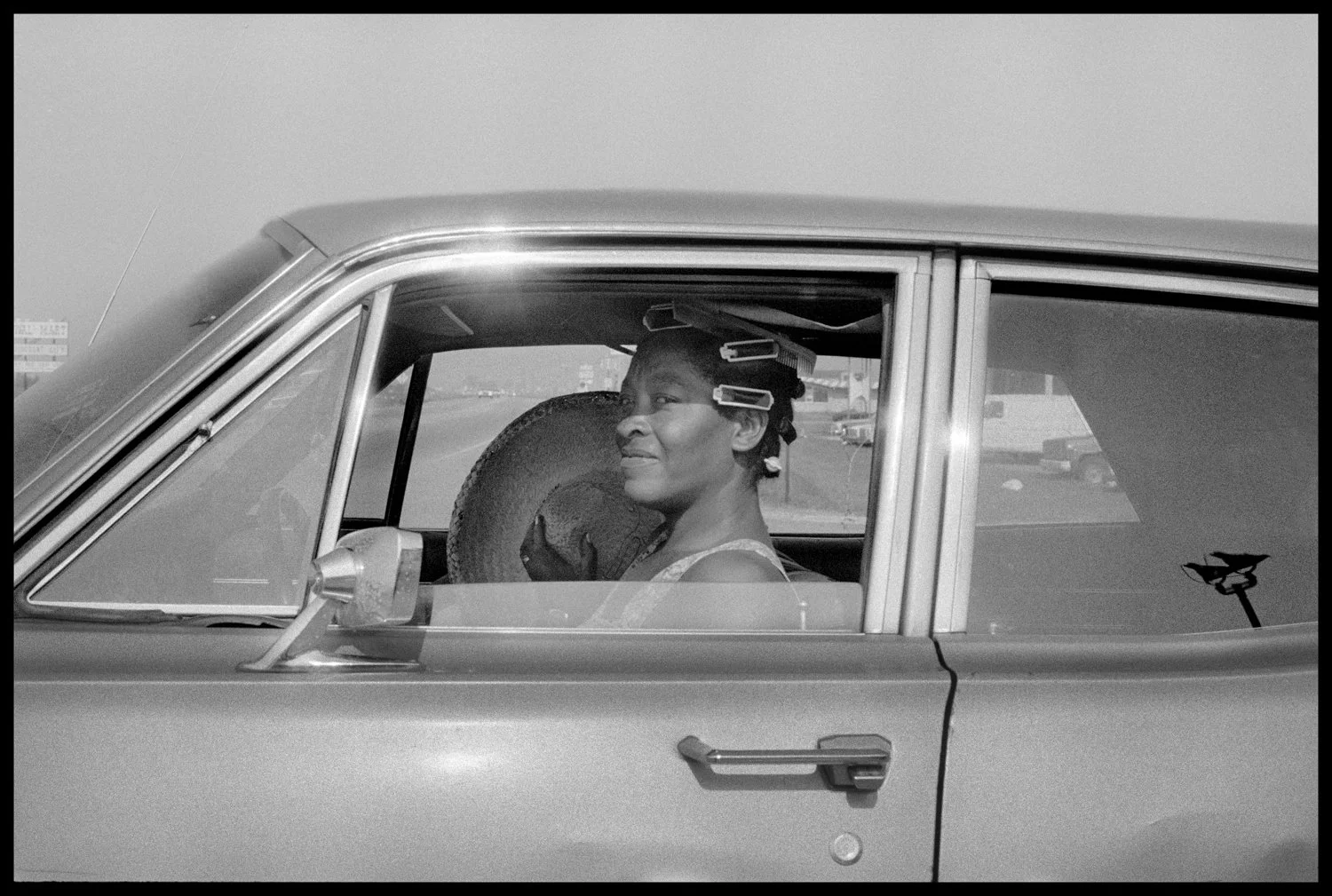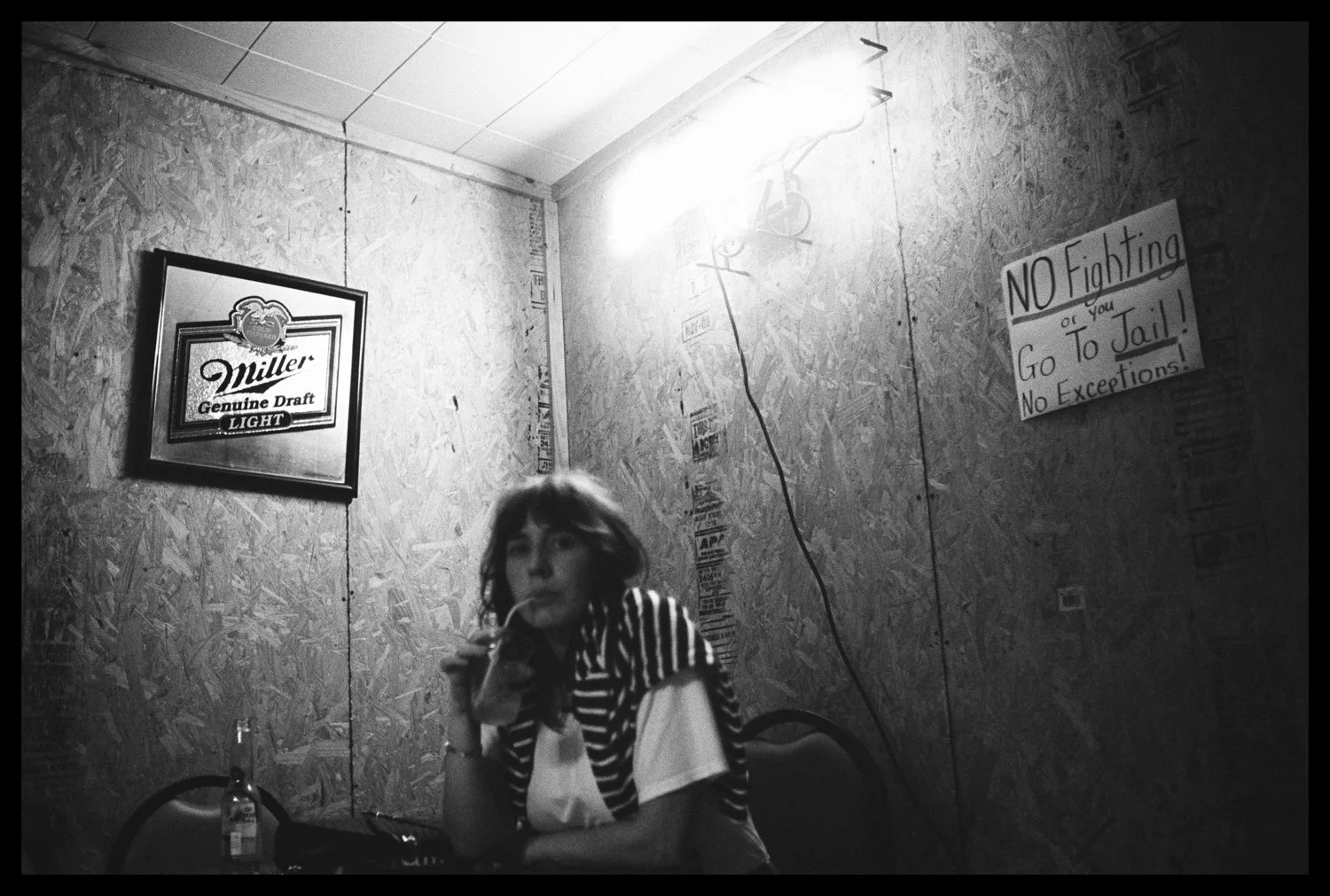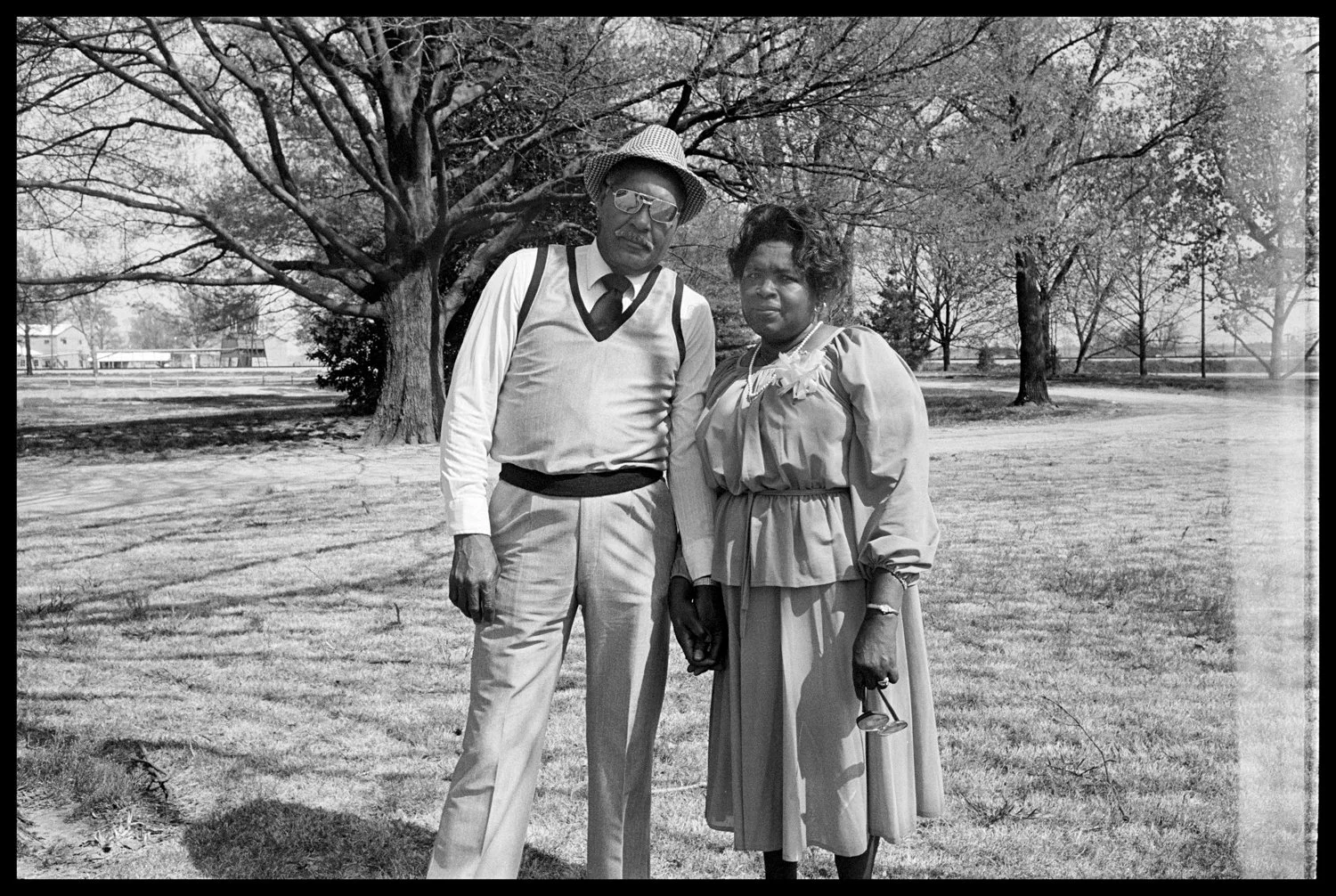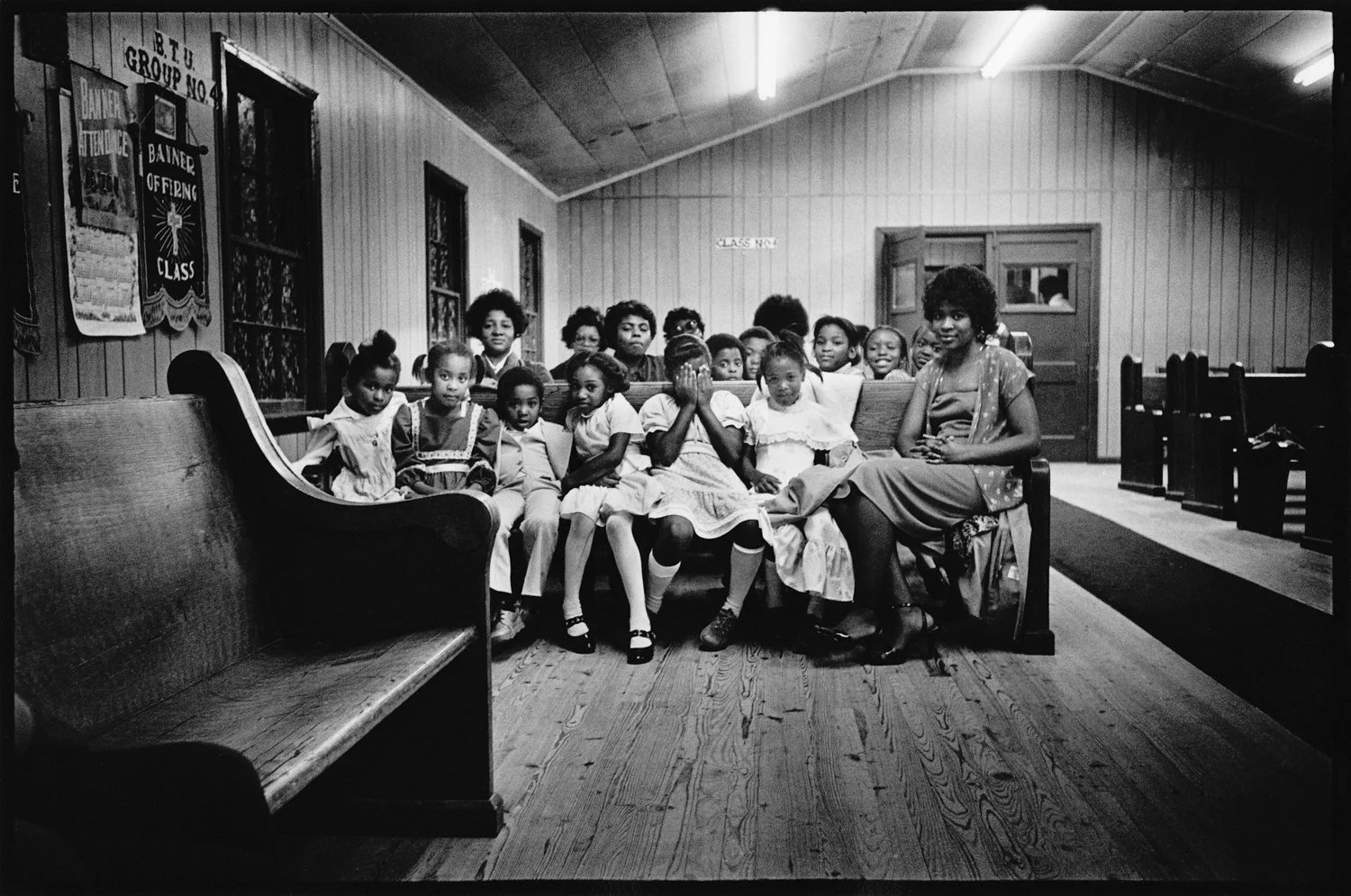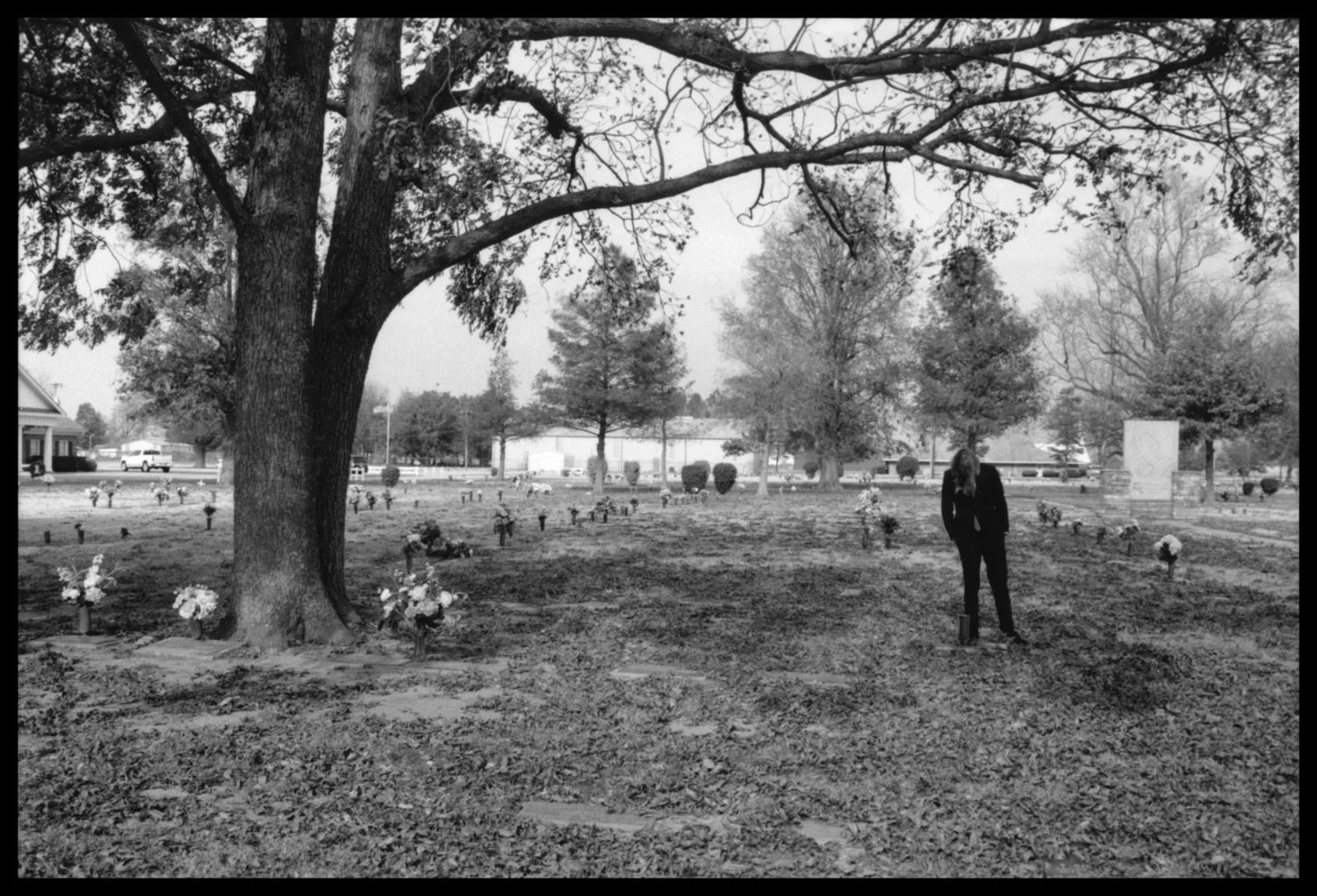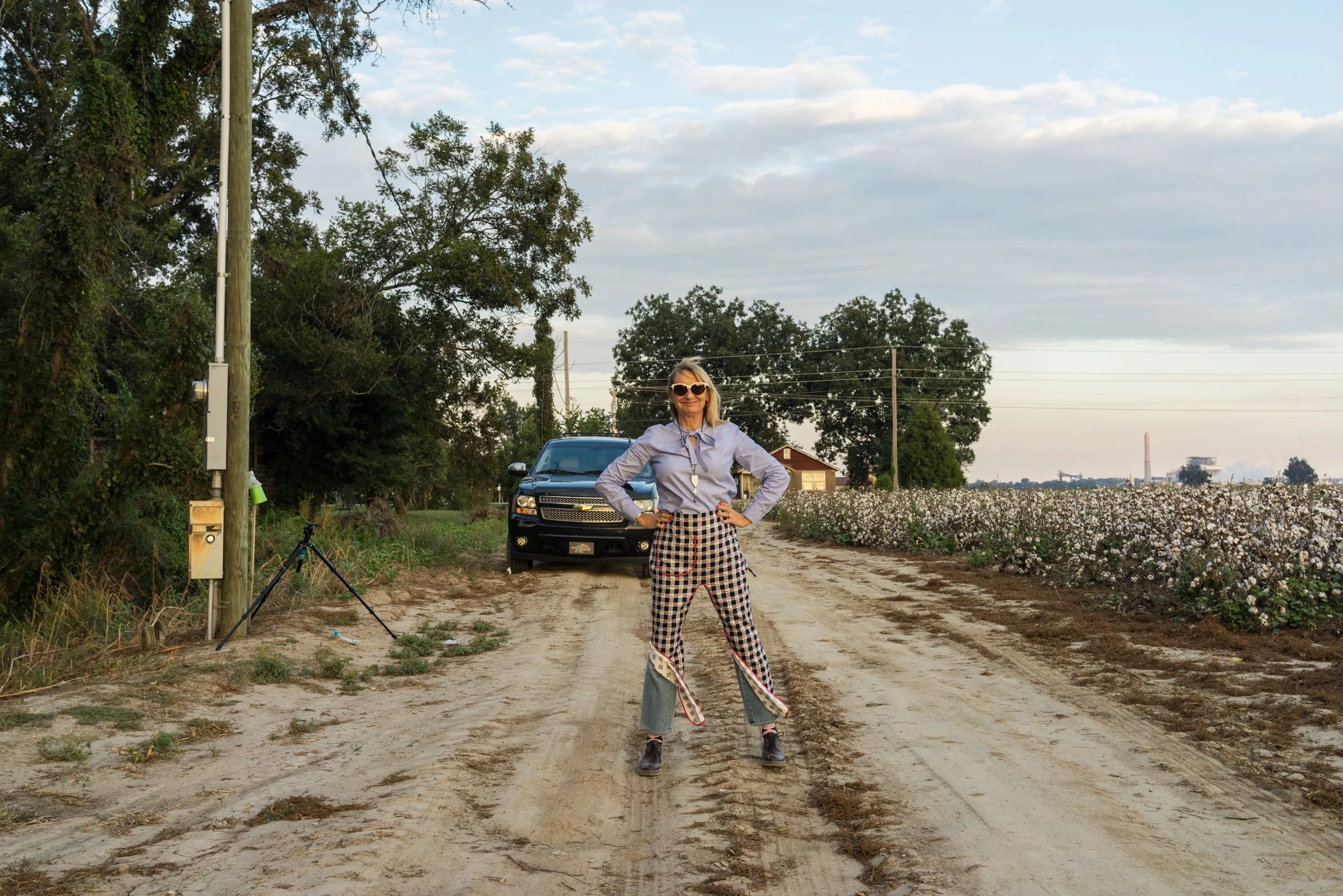Rotan Switch
Lisa McCord
When I first discovered this author, her story immediately captivated me. I decided to purchase her book even before reaching out to request permission to review it. Once I held it in my hands, I realised that it was a truly beautiful autobiography. The book immerses the reader in the environment of Lisa's grandparents’ cotton farm located in Rotan, Arkansas. McCord provides an engaging narrative that details her experiences in this setting, illustrating the lives of the individuals who inhabited the area and reflecting on the formative years she spent growing up there. It offers a beautiful description of the rural South in the United States.
This photo book presents a remarkable journey, inviting readers to engage with its pages as if they were part of a captivating narrative. While you can appreciate the emotional beauty of each image at your leisure, the true enrichment comes from following the story as it unfolds, seamlessly guiding you from beginning to end.
Flipping through "Rotan Switch" feels like browsing a family album; you can sense the author's presence, and gradually, it evolves into a reflection of her diary. Only by stepping back and reflecting can you truly grasp the significance of the challenging documentary work the author has accomplished.
This compelling book explores profound themes of connection and separation, encouraging readers to contemplate the complexities of its geographical roots and the rich tapestry of personal stories that emerge from this unique place. Lisa uses photographs to reconstruct a narrative that is both ambiguous and always feels tangible. Documentary photography inherently serves as a means of revelation; it uncovers truths and reveals hidden aspects of reality. It provides evidence and gives a voice to the subjects being represented.
I believe that Lisa's presentation is the best way to showcase this book.
B.H.
“Rotan Switch documents life on my grandparents’ cotton farm in the Arkansas Delta community of Rotan.
It takes its name from the community’s central landmark – the railroad switch where farmers loaded their cotton bales onto trains headed out of the Delta. Although it has not been used in years, it remains a potent symbol of the complex intersections of industry and agriculture, of racism and injustice. This project spans forty-five years, from 1978 to 2021, following five generations of a community.
These photographs are complicated; they exist in the context of the socioeconomic structures of the rural South. Although the subjects are family to me, as a white photographer and the granddaughter of a landowner, my photographs of the Black community implicate my own role in reinforcing these power structures. In a community in which most people spend their time working or caring for children, my ability to observe and document in itself has been a position of privilege.
I’ve lived in many places, but my idea of home remains firmly rooted in the Arkansas land and people. I have come to realize that all the photographs I made at Rotan are explorations of home. I’ve also come to realize that the place I call home is not perfect.
These images are a record of my story of Rotan, a story that is specific to my and my family’s role in a place where inequities exist to this day. I have done my best to acknowledge this complicated history.”
Lisa McCord
"There is a symbolic relationship between storytelling and being Southern."
Aline Smithson
Farm Railroad Tracks
Boys with Car
Cheryl with Silos
Sewing with Cully
Self-Portrait at Dining Table
Cully and James Kissing
Frances with Child
Frances in Her Kitchen
Cully Cleaning Black-Eyed Peas
Grandmother Watching TV
Grandparents Fairley and Great Grandmother Johnson
Grandmother in Bed
June Reading by Window
Cheryl with Polaroids
Granddaddy with Friends at Donut Shop
Granddaddy and Lind with Irrigation System
Don and Dedrick in Cotton
Man Shielding Eyes
Cully in Garden
Granddaddy and Sank Fishing
James Smoking
Woman in Car
Chloe at Ish's Bar
James and Cully, Sunday Best
Sunday School
Grandmother Brucie Napping
Dad and Bagpiper at Grandmother Brucie's Funeral
Dedrick at Gravesite
Photo by Aline Smithson
Lisa McCord is a fine art and documentary photographer from the Arkansas Delta, who lives and works in Los Angeles and Arkansas. Focusing on her experiences on her family’s cotton farm, her creativepractice explores concepts of storytelling, memory, and the passage of time.
McCord received her BFA from San Francisco Art Institute and earned an MFA from California Institute of the Arts. She also attended New York University, Le Contrejour, Paris, and The Visual Studies Workshop, Rochester, NY. She taught photography at Pepperdine University.
Her work has been featured in solo exhibitions at the Leica Gallery LA, Slow Exposures, Bruce Lurie Gallery, Gallery 825, Fabrik Projects, and Memphis Cotton Museum. McCord’s work has also been exhibited in galleries and museums, including Annenberg Space for Photography, Building Bridges Art Exchange, Museum of Nature of Cantabria in Spain, MIA Photo Fair in Milan, and Alta Vista in Paris. Her work is in the permanent collections of the Arkansas Museum of Fine Arts and the Memphis Brooks Museum of Art.
Her first monograph, Rotan Switch, was published in 2024, by Kehrer Verlag, and was a finalist in the Lucie Foundation Photo Book Awards. Book signings include Photo London, Alta Vista Arts Gallery in Paris, and Coston Arts Center, in Arkansas.
Her work has been featured in numerous publications including The Guardian, Arkansas Democratic Gazette, AAP Magazine, Black & White Photography (UK edition), and Float Magazine. In 2025, she was a Critical Mass Top 50 with her series, Rotan Switch.




